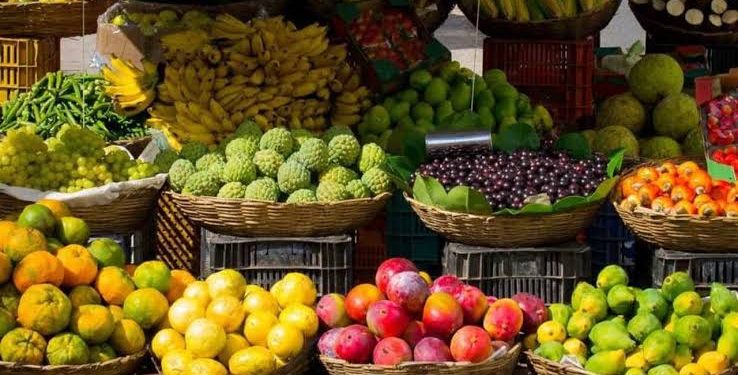The Federal Competition and Consumer Protection Commission (FCCPC) has issued a stern warning to Nigerians over the growing consumption of fruits ripened with harmful chemicals, particularly calcium carbide, describing the practice as a serious threat to public health.
The warning was delivered during a sensitisation programme on food quality standards held in Ado-Ekiti. The FCCPC’s Executive Chairman, represented by the Director of Quality Assurance, condemned the widespread sale of adulterated and contaminated foods in markets, stressing that the trend undermines both consumer safety and confidence in the nation’s food system.
According to the agency, calcium carbide contains toxic substances, including arsenic and phosphorus, which are highly dangerous when ingested. Officials cautioned that the use of such chemicals to forcefully ripen fruits not only puts millions of Nigerians at risk but also weakens the integrity of the country’s agricultural value chain.
The FCCPC assured that full enforcement against violators has commenced, noting that it has already shut down facilities, imposed sanctions, and prosecuted offenders in previous crackdowns. The sensitisation campaign, the agency explained, marks a renewed effort to alert consumers while sending a strong signal to traders and farmers who engage in unsafe practices.
To strengthen enforcement, the FCCPC revealed that it is working in close partnership with the National Agency for Food, Drug Administration and Control (NAFDAC), the Standards Organisation of Nigeria (SON), and the Federal Ministries of Health and Agriculture. Consumers, it added, also bear responsibility by carefully inspecting foods purchased from farms and markets.
The Commission’s Director of Consumer and Business Education highlighted that the sensitisation programme reflects the agency’s broader mission of empowering stakeholders across the food chain. Farmers, vendors, and businesses were urged to adopt safe practices in food production and distribution.
The event brought together representatives from key regulatory agencies, farmers’ associations, state ministries, and consumer groups, underscoring the collective push to ensure safer food for Nigerians.










